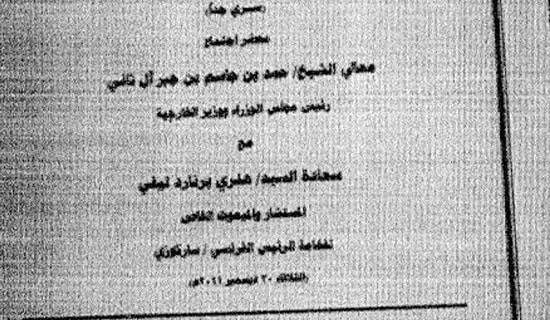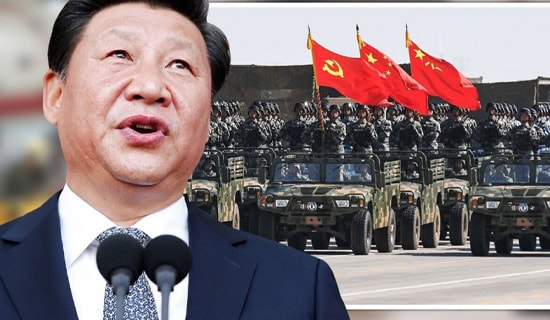Introduction
Part I of our analysis of the Russian-Iranian existential threat to Israel, published October 23, 2017, focused on the conventional military dimension of the threat posed by Russia's facilitation of Iran's expansion in Syria, up to Israel's borders with both Lebanon and Syria.
Part II, below, focuses on the nuclear dimension of this threat.
Adding The Nuclear Dimension To The Threat
SUPPORT OUR WORK

Russia is making it possible for Iran to evade inspection of its nuclear program, to which it is subject under the JCPOA. In this way, it adds a nuclear element to the existential threat to Israel, as follows:
A. Iran's inventory of 8.5 tons of enriched uranium, shipped out of Iran to Russia in December 2015 in accordance with the JCPOA, has gone missing in Russia. This was attested to by the Obama administration's State Department lead coordinator on Iran, Stephen Mull, at a February 11, 2016 House Foreign Affairs Committee hearing, where he said: "It has not yet been decided where exactly Russia will put this information [sic]." But under questioning, Mull acknowledged that Washington had not verified the Iranian shipment.[1]
B. The most egregious example of Russia's facilitation of Tehran's development of nuclear weapons capability is its support of Iran's refusal to allow International Atomic Energy Agency inspections in accordance with Section T of the JCPOA, which prohibits Iran from "designing, developing, fabricating, acquiring, or using multi-point explosive detonation systems suitable for a nuclear explosive device" and also from "designing, developing, fabricating, acquiring, or using explosive diagnostic systems (streak cameras, framing cameras and flash x-ray cameras)" – unless these activities are "approved by the Joint Commission for non-nuclear purposes" and "subject to monitoring." Iran refuses to allow such monitoring, and Russia supports it in its refusal. Russia claims, in a preposterous argument, that the IAEA is not authorized to deal with this part of the JCPOA. Its stance was illustrated in October 20, 2017 remarks by Foreign Minister Sergey Lavrov at the Moscow Nonproliferation Conference: "It is impossible to strengthen what does not exist. The IAEA has no mandate to verify Section T."[2]
Thus, Russia's sabotage of the implementation of sections of the JCPOA, and its claim that Iran's 8.5-ton inventory of enriched uranium has gone missing, contribute directly to Iran's unhindered ability to develop nuclear weapons capacity.
*Yigal Carmon is President of MEMRI and served as advisor to two Israeli prime ministers for countering terrorism.




